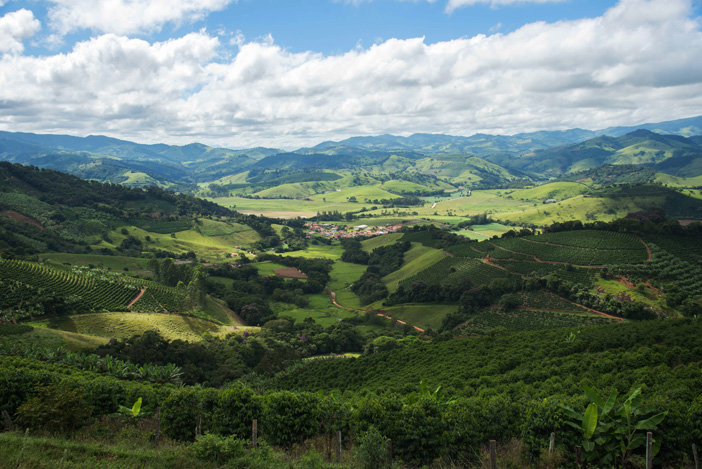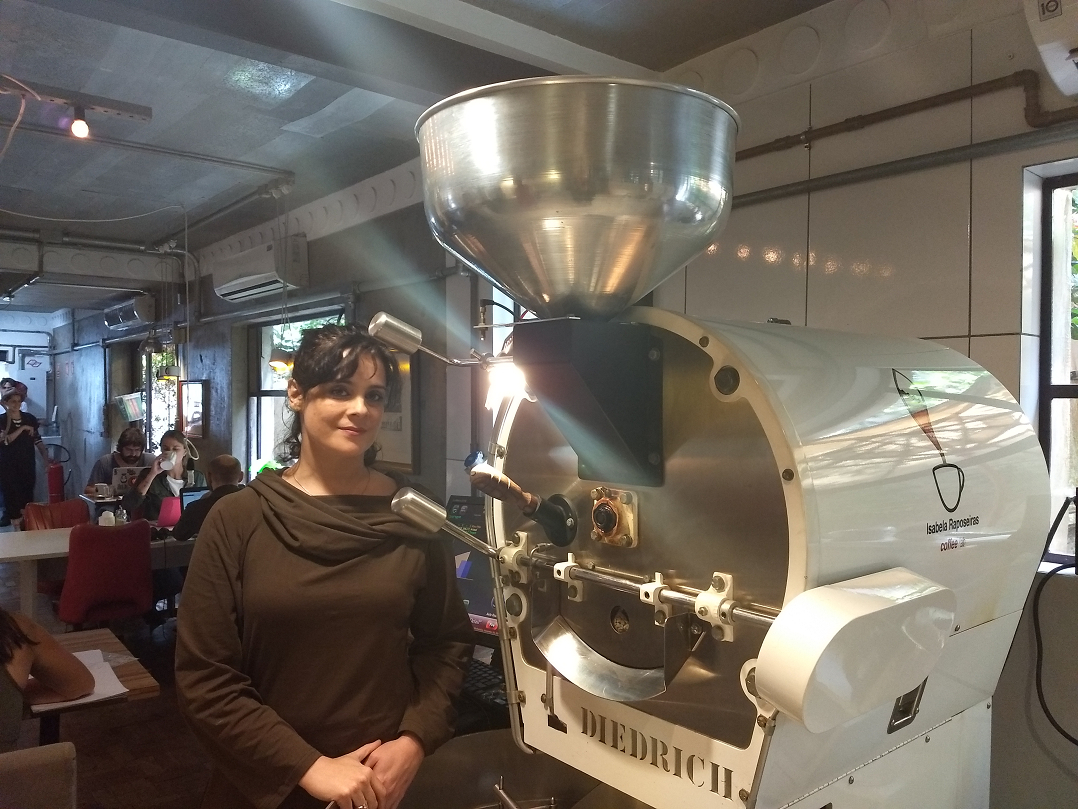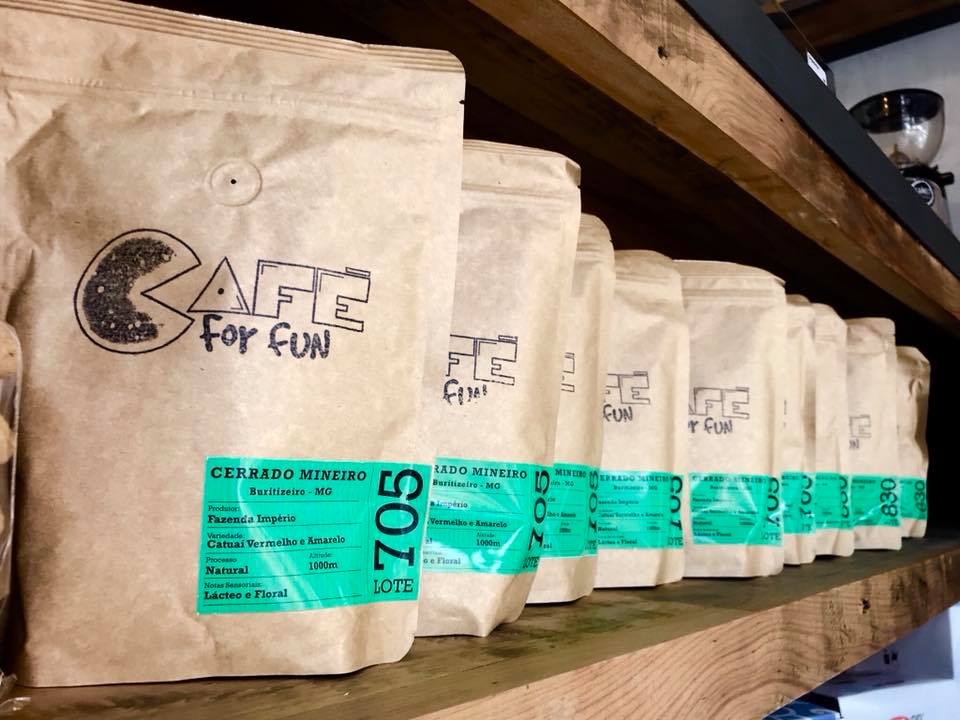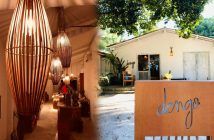Specialty Coffees: All you need to know about this subject
The term “Specialty Coffees”, is used to refer to coffees undergoing evaluation by experts (Q-Graders, professional coffee tasters, compared with winemakers), and which achieved grades above 80 points on the scale created by the SCAA, Specialty Coffee Association of America.
Specialty Coffee – Q Grader Review
| Score | Quality level | Specialty coffe yes/no |
| 90-100 | Quality level | Specialty coffee |
| 85-89,99 | Outstanding | Specialty coffee |
| 80-84,99 | Excellent | Specialty coffee |
| below 80 | Non-specialty coffee |
What are specialty coffees?
Specialty coffees are coffees differentiated from other coffees because they belong to the Arabica species, which develops better at higher altitudes, usually over 700 meters, at the correct time of the year, in the best soil, harvested at the right time and carefully worked after harvest. They require far more attention from producers. On the other hand, they are sold at a much higher price, which guarantees profitability for small producers, a large majority in Brazil.

The commercialization of these microbatches of special coffee is made through cooperatives or directly to roasters.
When they receive the microbatches, roasters create a roasting profile for each coffee, in order to highlight the best aromas and flavors. That is, they elevate the best attributes of each coffee: its sweetness, softness, body, astringency and so on.
Then it is the turn of the barista, a professional dedicated to the preparation of coffee. With high precision equipment such as espresso machines and other preparation methods such as Hario V60, Chemex etc., it develops and enhances the best method of extraction for each microbatch. From grain to cup!

The best baristas are hired by the best coffee shops, mostly working only with microbatches. Go to the cafes icon to know the best ones in Brazil.
The specialty coffees should be consumed, preferably, only 15 days after toasted. After that time, it oxidizes and loses its main qualities. If you have purchased your specialty coffee already roasted, store it in the refrigerator after opening and consume preferably within 15 days.
There are numerous shopping sites for specialty coffees on the internet. If you want to know the best, click here.

Specialty Coffee Producers
All commodity producing countries produce small quantities of specialty coffees. In Brazil, it is no different. The international market for specialty coffees has long recognized the quality of producers such as Ethiopia, Kenya, Colombia and Panama. And they are beginning to appreciate Brazilian specialty coffees, which have improved a lot in recent years.
Brazil was only known as a commodity coffee producer, used extensively by the industry. We are the biggest producers in the world, and the second consumer market, just behind the US.
The most expensive specialty coffee in the world is Brazilian. Producer Gabriel Alves Nunes, from Minas Gerais, won the Cup of Excellence Brazil 2017 in the category “Pulped Natural”, promoted by BSCA – Brazilian Specialty Coffee Association. He sold the bag for R$ 55,000. Click here to read the full story about the Guariroba farm.

In Brazil, the main coffee producing regions are located in Minas Gerais, Espírito Santo, Serra do Caparaó and Chapada Diamantina, in Bahia.
Paraná and São Paulo also have excellent coffees, but a lower altitude.




